Air conditioners aren’t cheap. They’re essential to a home for cooling or heating. So, it’s better to know what you’re buying.
In this article, we’ll review and compare the top AC systems of the moment suitable for manufactured homes. We’ll also discuss what the best option is to suit your needs.
At a Glance: Our Top Picks for Mobile Home Air Conditioners
- BEST OVERALL : Heil QuietComfort 16
- RUNNER-UP: Costway 23049-CYPE
- BEST BUDGET OPTION: Black+Decker BPACT14HWT
Comparison of the Best Mobile Home Air Conditioners
| IMAGE | PRODUCT | |
|---|---|---|
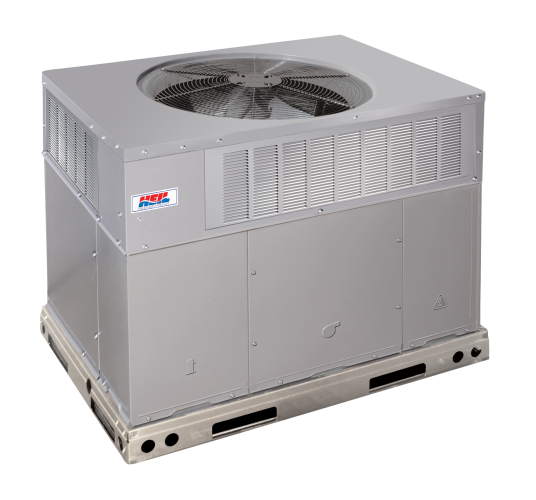 |
| View Latest Price → |
 |
| View Latest Price → |
Best Budget Option 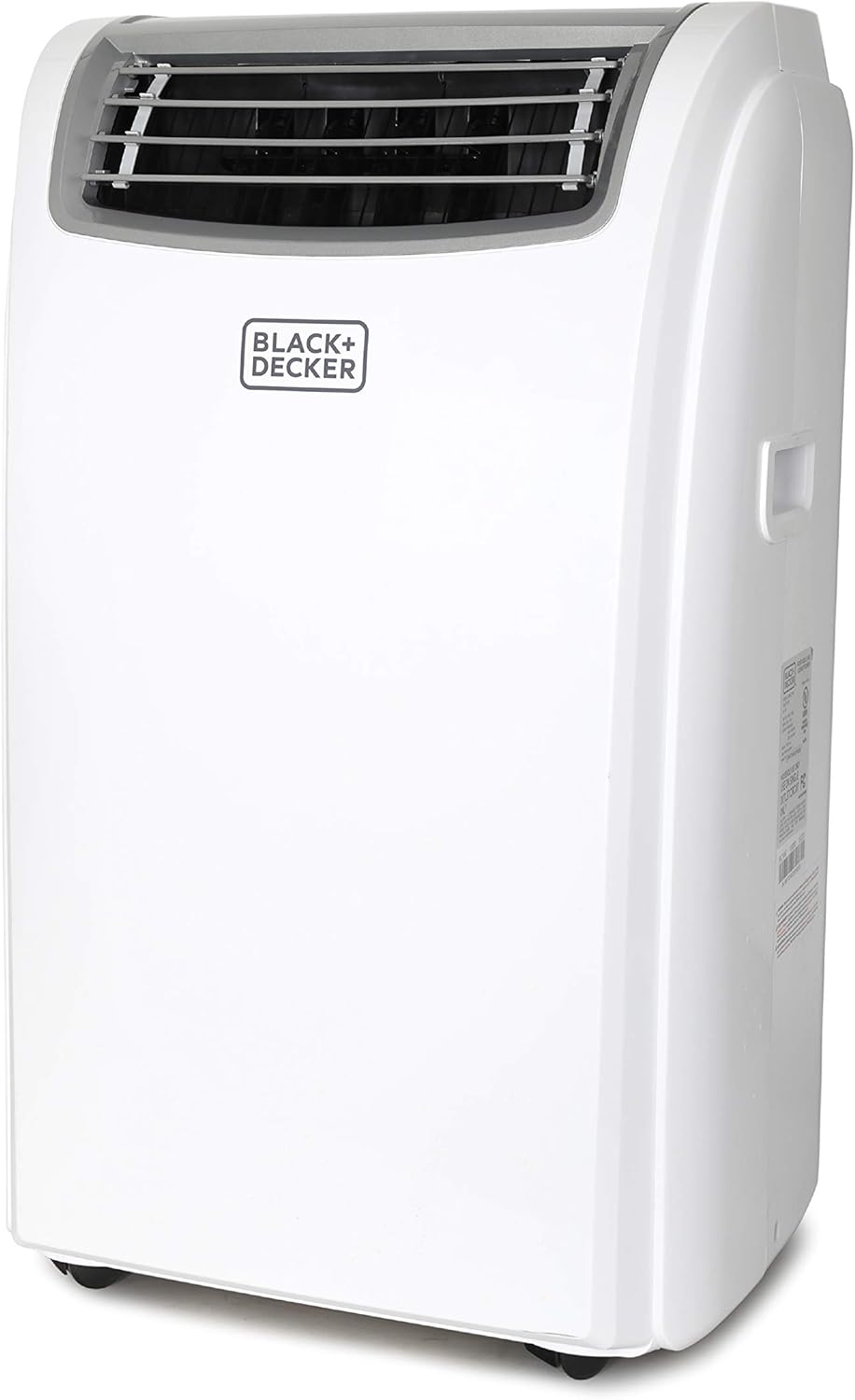 |
| View Latest Price → |
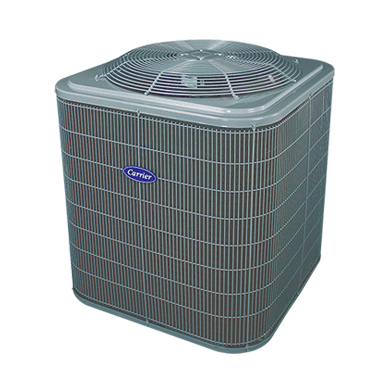 |
| View Latest Price → |
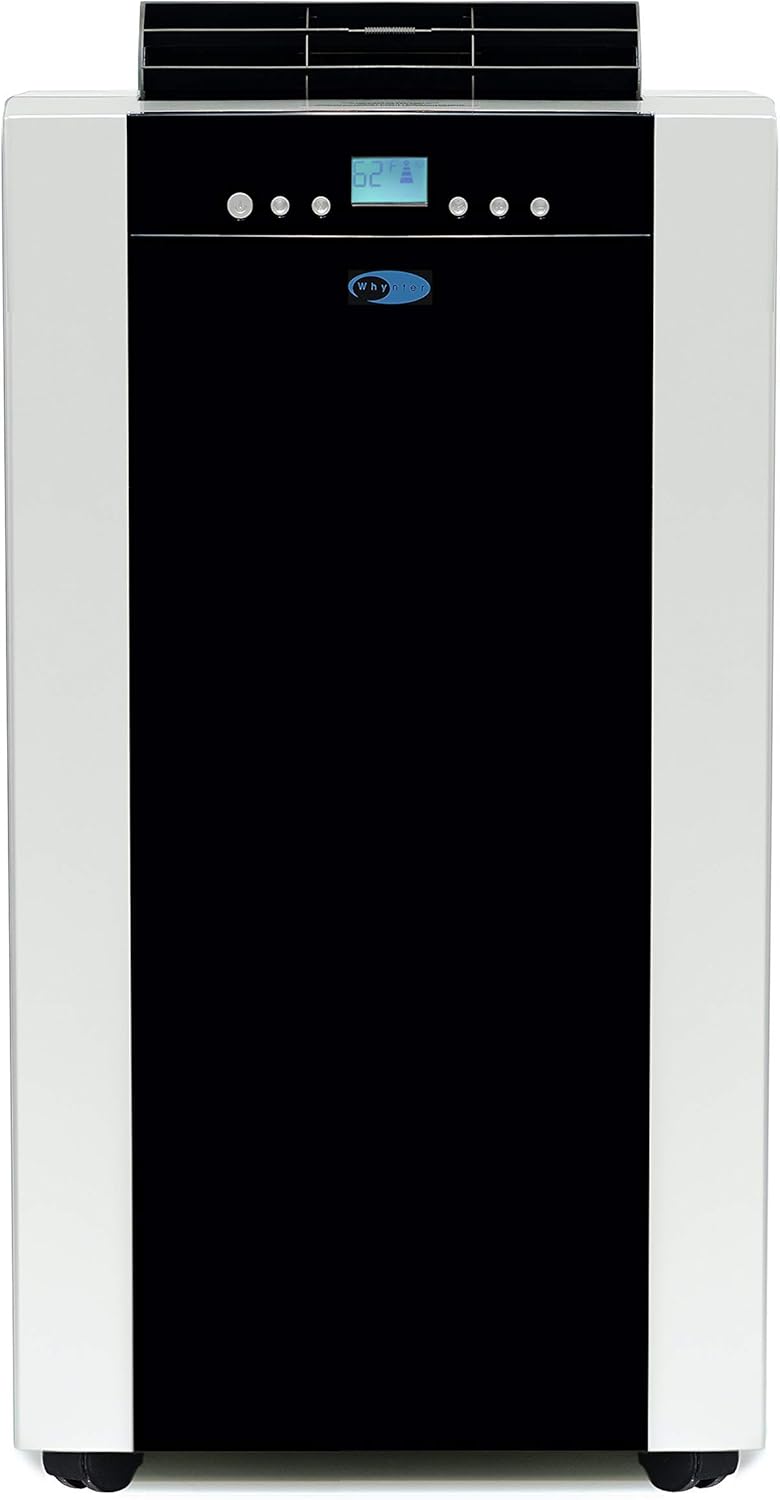 |
| View Latest Price → |
Factors to Consider Before Buying an Air Conditioner for a Mobile Home
There are many variables to bear in mind when choosing an AC system. Where you live, how big your home is, and your budget cap are just some of them. In this section, the main variables are discussed in detail.
The Size of Your Mobile Home
Your mobile home’s total area is essential because it’ll tell you how many BTUs you’ll need. By neglecting this information, you risk buying an ineffective or a wasteful unit. So, if you don’t know your home’s area, get a measuring tape to calculate it before anything else.
Knowing your home’s square footage might not be enough. You should also consider how your mobile home is shaped. Depending on the length of your home, smaller ACs won’t reach the whole house. In this case, fans and ventilators can help spread the heated/cooled air more efficiently. Consider installing a central AC in this case.
Where You Live
Like the “wall shaker,” small and cheap AC systems can only cool the air but can’t heat it. This is a deal-breaker when you live in an environment where winter can get extreme. They should suffice in hot climates and small spaces, though. Yet, even in hot climates, window ACs can be effective for one room but not for the entire house.
Perhaps, your mobile home is built on a shady lot, which naturally cools the temperature indoors. Maybe it’s bathed by sunlight all the time, which increases indoor temperatures significantly.
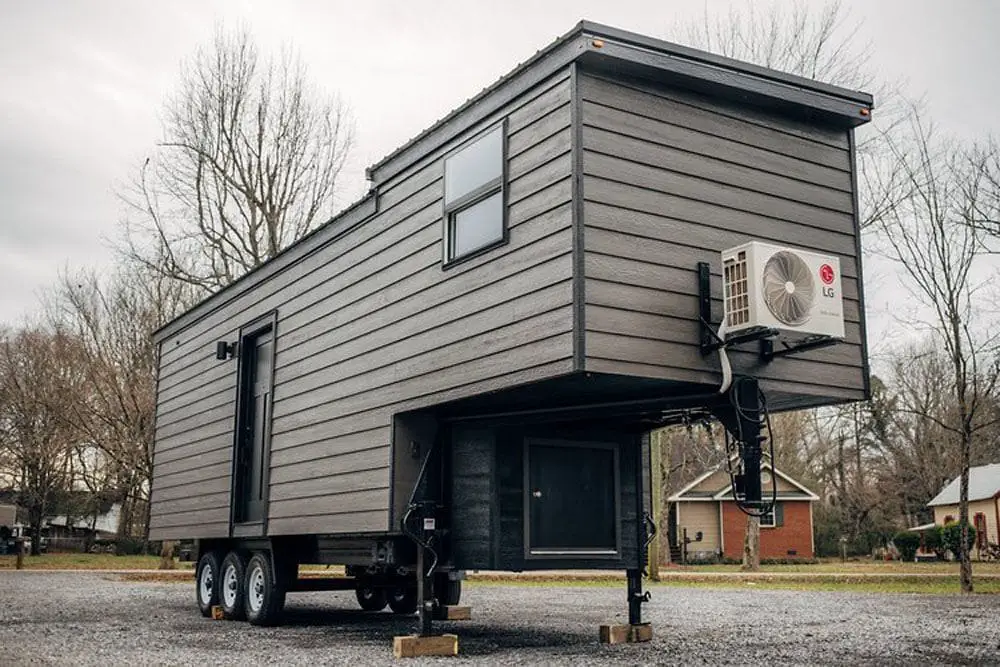
If you need an AC to warm you up through harsh winters, buying a less powerful system can leave parts of the house completely cold.
Average Costs
Some systems can cost way more than others, either because of capacity or technology. If your chosen AC requires a duct network or a furnace and your mobile home doesn’t have those facilities pre-installed, consider their installation in the final cost.
There are a few options to save on your electricity bill when using your AC. Low-tech solutions include installing a ceiling fan and insulating your windows. Small things like that can cut your energy cost by about 40 percent.
Getting an intelligent thermostat also helps manage energy expenses. The system will only turn on when the indoor temperature reaches a pre-fixed level. With a smart thermostat, you can ensure the system won’t function needlessly.
Location of the Air Conditioner
Since you can move your mobile home to a new location or change the direction it faces, the location of the air conditioner is an essential factor. If it faces the south towards the sun, you need 10% more cooling power. If North, you can reduce it by 10%.
The kitchen is usually the warmest part of your mobile home due to cooking, so add about 4,000 BTU to your requirements. Furthermore, you should add 600 BTU per person occupying the mobile home.
Review of the Best Mobile Home Air Conditioners
Here are the best mobile home air conditioners that we reviewed for you:
Best Overall
Heil QuietComfort 16

Specifications
Cooling Capacity: 2-5 tons
SEER: 16
EER: 12.5
Operation: Two-stage
Decibel Level: 72 dB
We may earn commission from purchases made from our links, at no additional cost to you
Other Features
Communication System and Controls: Maintenance signals and temperature adjustment
Special Features: Dehumidification
Review
This brand has been in business for 100 years, and its longevity reflects its quality. It’s a very economical AC system with excellent warranty conditions and a high SEER grade. Low noise levels are also a great plus if you plan on using them in study rooms or offices or if you want to use them during the night.
The company cares for the environment. This AC employs a geothermal system which reduces its carbon footprint. Moreover, Heil QuietComfort 16 can chop your energy bill by up to 70%. This technology also makes it last longer.
Bottom Line
Overall, the brand offers an excellent product for quite reasonable prices. Because it can save up to 70% on energy, it ends up paying itself back in the long run. Noise reduction and humidity control are some of the great extra benefits of this appliance.
Pros
Great cooling capacity
Safe and hassle-free maintenance
Very cheap, silent, and eco-friendly
Longer durability and more resistant parts
Customers enjoy the cost-benefit proportion of this appliance
Cons
Not all parts are manufactured by the same brand
Installation might be tricky; hire a specialized technician for the job
Runner-up
Costway 23049-CYPE

Specifications
BTU: 8,000
Coverage Area: 230 sq.ft.
Dimensions (in): 13x12x24.5″
Weight: N/A
Decibel Level: 56 dB
We may earn commission from purchases made from our links, at no additional cost to you
Other Features
Communication System and Controls: Maintenance and full bucket signals
Special Features: Self-evaporation
Review
Costway 23049-CYPE is an excellent option for small spaces, like offices, cabins, bedrooms, etc. It’s compact, easy to move around, and also has an intelligent thermostat. You can operate all its functionalities via remote control. The large LED screen allows for clear reading of each option.
Its many filter options allow for greater control over air quality, humidity, and temperature. Inconvenient window panel and hose installation are two of the major complaints about this portable AC. Still, once the installation is done correctly, there are little to no complaints about its efficiency.
Bottom Line
Costway 23049-CYPE is the ideal solution for cooling small rooms. It’s silent and offers excellent control over air quality, thanks to its many features. It’s compact and sturdy and easy to carry from one room to another. If you’re having trouble installing the panel or anything else, look for technical support.
Pros
Multiple options and functions
Handy self-evaporation system
Low noise level at optimum temperatures
Compact design and caster wheels allow for easy mobility
Cons
Installing the window panel can be a tricky process
Can be challenging to connect the hose to the appliance
Best for the Money
Black+Decker BPACT14HWT

Specifications
BTU (DOE): 7,500
Coverage Area: 350 sq.ft.
Dimensions (in): 17.1×13.8×28.1″
Weight: 35 lbs.
Decibel Level: N/A
We may earn commission from purchases made from our links, at no additional cost to you
Other Features
Communication System and Controls: Remote control
Special Features: Dehumidification and sleep mode
Review
This is a flexible and powerful portable AC system, which works very well in all its functionalities. Energy consumption is acceptable, and prices are accessible. It can have high noise levels when at total capacity but otherwise is quite quiet. Noises won’t go above 75 dB and can be softened if you place the unit on a steady surface. It also has a Sleep Mode, which makes it work quieter.
It’s powerful enough to manage the room’s temperature even with open layouts and high ceilings in just 20 minutes. It includes all the accessories you need, plus a comprehensive guide.
Bottom Line
Black+Decker BPACT14HWT is a flexible and accessible portable AC system. It’s very effective compared with appliances of the same kind and useful all through the year. Although noisy when working at high speeds, it gets quieter when in optimum temperatures.
There’s no need to buy any accessories, as they’re all in the package, and it comes with an instruction manual.
Pros
Adjusts room temperature in just 20 minutes
Works as a cooler, a heater, and a dehumidifier
Excellent for rooms with high ceilings and open layouts
Comes with a window frame, a hose, and other accessories
Cons
Can be noisy when running at top speed
Pieces like hose and window panel are difficult to assemble
Honorable Mention
Carrier Comfort 14

Specifications
Cooling Capacity: 1.5-5 tons
SEER: 14
EER: 11
Operation: Single-stage
Decibel Level: 72 dB
We may earn commission from purchases made from our links, at no additional cost to you
Other Features
Communication System and Controls: Limited for the single-stage compressor
Special Features: 10-year warranty
Review
This is an affordable and straightforward central air conditioning system. Its single-stage compressor won’t allow for much customization. On the bright side, this kind of compressor requires cheaper maintenance and works simply. It provides standard humidity control levels and is more energy-efficient than most single-stage systems. Its sound performance is also standard, which means it won’t be noticeable most of the time.
It’s a very powerful appliance and will suffice for the majority of mobile homes nationwide. The company works in many cities around the country, offers excellent post-sale services, and a good warranty.
Bottom Line
It’s a powerful central air conditioner with efficient filters and humidity control. The compressor’s simple maintenance is a plus, even if it doesn’t allow for fine customizations. You can choose the dimensions of your model, which is very convenient for small places. It also offers fantastic customer service.
Pros
Can have tax rebates
Service is available all over the country
Company offers outstanding customer service
Filter drier system removes contaminants and humidity
Single-stage compressors require cheaper maintenance
Cons
Installation process can be difficult and expensive
Compressor only works in one speed, leaving few customization options
Editor’s Pick
Whynter ARC-14S

Specifications
BTU (DOE): 9,500
Coverage Area: 500 sq.ft.
Dimensions (in): 16x19x35.5″
Weight: 80 lbs.
Decibel Level: 56 dB
We may earn commission from purchases made from our links, at no additional cost to you
Other Features
Communication System and Controls: Digital and remote control
Special Features: Eco-friendly
Review
This is a powerful and efficient portable unit. It has intelligent management of the moisture it collects from the air. Its Leakage-Current Detection and Interruption system ensures that the appliance is completely safe. It’s very versatile, with three modes and three fan speeds. This model has a great cooling capacity, considering that it’s a portable AC. It can quickly cool down a room as big as 500 square feet.
Its eco-friendliness is undoubtedly a plus in times of environmental concerns. Yet, it can be more expensive than similar models. So, consider other options if you don’t need an appliance of such a high capacity.
Bottom Line
It’s a very efficient, although expensive, cooling appliance. It cools 500 square foot rooms in a matter of minutes. Noise levels are low, which makes it perfect for silent spaces or use during the night. It’s versatile, with three different modes and fan options.
Pros
Very quiet air conditioner, in general
Perfect for fast cooling of larger places
Has three fan speeds and three different modes
Eco-friendly and performs with reduced energy consumption
Cons
Although portable, some users will find it heavy
Can be quite expensive when compared to similar models
Types of Air Conditioners for Mobile Homes
Buying a proper air conditioning system can do wonders for your life quality. There are four main types of air conditioners for mobile homes. In this section, you’ll read about all of them.
Package
Package air conditioning systems are the most popular for mobile homes. They’re like giant versions of windows air conditioning systems and can cool or heat your home.
Package air conditioners are placed outside your home, which saves space. They’re cheaper than other models and can cover the whole house.
Central Air Conditioning
Unlike the package systems, this type of air conditioning has an internal part (air handler) and an external one (condenser). This system is also called “split air conditioning” and can distribute air or heat evenly throughout your rooms. Because many mobile homes already have air duct networks in place, installation is simple.
Ductless Air Conditioning
Also called “mini-split,” this type of air conditioner is made of one condenser and a couple of small handlers distributed throughout your house.
It’s easy to install, and it can distribute airflow more evenly between rooms. However, they can be pretty expensive.
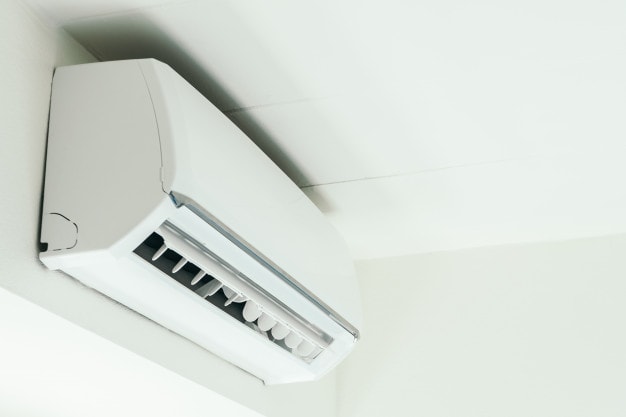
Window System
It bears the unflattering nickname of “wall shakers.” Still, they’re the cheapest and simplest system to acquire and install. It doesn’t provide heat, which makes it more fit for hot locations.
What Size AC Do I Need for My Mobile Home?
It depends on the size of your home. First of all, you should measure the area of your home. BTU stands for British Thermal Unit, which is an energy unit. It calculates how much energy is needed to heat 1 pound of water by 1 degree Fahrenheit.
You should check Energy Star’s chart for BTUs to see which unit is most appropriate for your home. Small units may not cover your whole home; big and robust units can be overkill and make you spend more money than you need. Here is a helpful calculator you can use to check the BTU/square feet ratio.
When Are These ACs Not a Good Option?
Every AC system will have its pros and cons, depending on its applicability. Avoid wasting your money on expensive and ineffective systems.
This section will discuss when those four air conditioning systems aren’t what you need for your home.
Package
Package units draw their name from its box format, which includes all air-cooling components. Still, they require pre-installed ducts on your mobile home. If you don’t have them, this system can be more expensive than you’re expecting.
Central Air Conditioning
Like the package, it requires a pre-installed duct network to function correctly. In tiny homes, it can take too much space and spoil your interior decoration. The air isn’t filtered either.
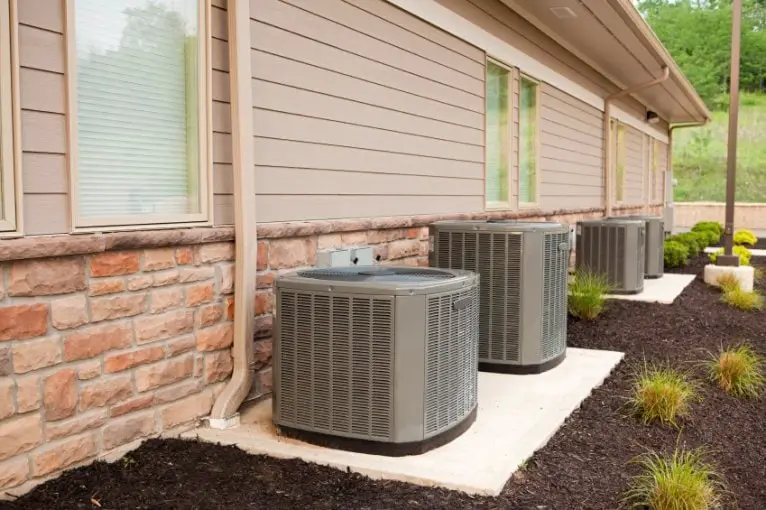
Ductless Air Conditioning
It doesn’t have an air filtering system like the central ones. They’re also considerably more expensive than any other model. Maintenance can also be more expensive and more challenging. Some people will frown upon installing it in every single room for aesthetic reasons.
Window System
It starts with its nickname: the wall shaker. They’re noisy, consume quite a lot of energy, and don’t provide heat. It’s not a good option if you need it for both winter and summer. Because most of them are very noisy, they’re not a great idea for quiet rooms. If you need to study or work, you may need to turn it off at times, which isn’t ideal.
Conclusion
The options analyzed in this article cover a broad range of needs and unique features. Mobile homes aren’t spacious dwellings, so every option on the list was chosen with this limitation in mind. Measure your rooms, make sure your house is insulated adequately, and see which option best fulfills your expectations.
People Also Ask
An efficient AC system isn’t only crucial for a better quality home, but it can also be a matter of survival, depending on how extreme the climate is where you live. Because they can be expensive and tricky to install, it’s better to gather all the information you can before deciding which system you’re going to install in your home.
A mini-split AC is an excellent option for homes with ductless heating systems. This kind of AC is quite popular in southern states for both cooling and heating. It’s energy-efficient since you can adjust different temperatures for different rooms. A mini-split AC can reduce your energy consumption by up to 50 percent.
Yes, but it requires ductwork and a furnace to work. Most mobile homes already come with those facilities. You need to consider those requirements before you buy a central AC. It’s a cost-effective AC system, but the total cost may increase if you need to buy a furnace or install a duct network.
Mobile homes aren’t known for being spacious. So, the best systems won’t require much internal space. Installation methods may vary according to the type of system you use. Yet, there are some rules to observe when installing your AC. The internal part must be placed on an external wall, near the ceiling, and with no furniture obstructing the airflow.
It’s completely safe and, most of the time, necessary. Yet, you should hire a professional to do so unless you’re qualified to install it yourself. Incorrect installation can lead to many problems down the road, apart from being dangerous. Also, choose an appropriate AC for your mobile home. Regular homes’ ACs won’t work correctly in mobile homes.
